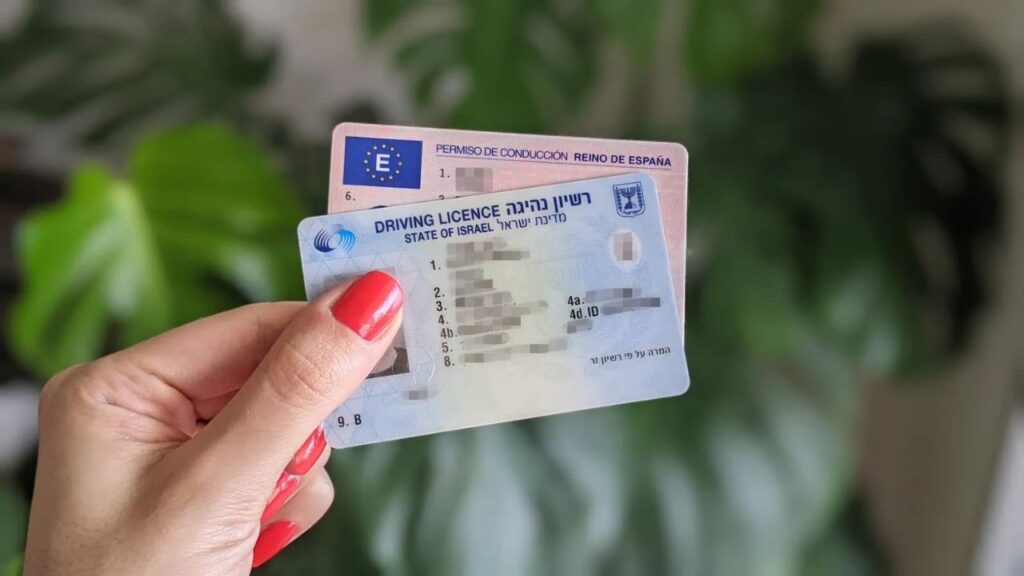As of October 2025, the U.S. Department of Transportation will establish a new national policy for drivers 70 years of age and older. The ultimate purpose of this law is to enhance road user safety while allowing older Americans to remain as independent and mobile as possible. Since the senior citizen population is increasing at such a rapid rate, it makes sense for the government to implement this change in the driver’s license renewal policy to enhance safety for drivers aged 70 and over.
Why is this change necessary?
Currently, more than 48 million people in the United States are at least age 65 and have driver’s licenses. This number will only grow in the years to come. The daily life of these older adults is often dependent on their cars, from grocery shopping, going to the doctor, or meeting friends for coffee.
However, with aging comes natural changes, such as slower response times, compromised vision, or sometimes forgetfulness, all of which can affect an older adult’s ability to drive safely on the road.
The new law is not meant to take away licenses based solely on age, but rather to assess each driver based on his or her abilities. This will allow for a more humane, more scientific and most importantly, a much fairer method in regard to the actual ability of the driver and not the age.
Key Features of the Law
The most significant change in this new law relates to the driver’s license renewal process for senior citizens. A phased system will now be implemented, with different requirements based on age and individual ability.
- 70–79 years: Normal renewal, but vision and reaction time testing will be required.
- 80–86 years: In-person renewal will be required every 2–4 years.
- 87 years and older: Annual road tests and medical clearance from a doctor will be mandatory.
This system focuses on identifying and addressing vulnerabilities in a timely manner. Its purpose is not to take away one’s independence, but to ensure road safety.
Required Tests
Senior drivers may be required to undergo different tests depending on their condition and state policies. These include:
- Vision test: To determine whether vision is sufficient for safe driving.
- Cognitive screening: To evaluate memory, reaction time, and decision-making.
- Road test: Specifically for those over 87 or when concerns are raised by a doctor/family.
Can someone report a senior driver?

Yes, a family member, doctor, or caregiver may report a senior driver to the DMV if they believe the senior driver’s safety is at risk. The DMV will then evaluate their driving after that. However, complaints should only be based on legitimate safety concerns, not biases.
State-Specific Rules
Although this policy applies nationally, each state will adopt it slightly differently. For example:
- California: All renewals after age 70 must be completed in person.
- Florida: Vision testing required every year after age 80.
- Texas: Mandatory annual checkups after age 85.
- New York: A doctor’s certificate may be required after age 80.
Restricted License Options
Some seniors can drive partially, if not completely, safely. In such cases, they will be granted a restricted license, subject to certain conditions, such as:
- Daytime driving only.
- Driving only permitted in local areas.
- No highway driving permitted.
This option is a balanced way to maintain seniors’ safety without completely depriving them of their independence.
Driving Alternatives
If it is no longer safe for a senior to drive, they have several options available:
- Ride-sharing services like Uber and Lyft.
- Community shuttle services and paratransit programs.
- Volunteer driver programs, where people provide free rides.
- Help from family and friends.
These options ensure that seniors can remain active and mobile without driving.
Conclusion
These new rules, starting from October 2025, are not to remove senior citizens’ independent use of vehicles, they are to ensure the safest road use for everyone. Individual assessments of senior citizens, periodic re-testing, a limited license, or options for alternative means of transportation are all part of this policy.
With this initiative, the government is attempting to find a compromise that would allow senior citizens to remain active and independent, while keeping other road users safe. This step, not only will make society safer, it will allow older people to continue living independently and with dignity.
FAQs
Q1. Who does the new senior driving policy apply to?
It applies to U.S. drivers aged 70 and older.
Q2. Does age alone determine license renewal restrictions?
No, the policy evaluates each driver’s individual abilities, not just age.
Q3. What tests might senior drivers need to take?
Vision tests, cognitive screenings, and road tests may be required depending on age and health.
Q4. Can family members or doctors report unsafe senior drivers?
Yes, they can report concerns to the DMV, which may re-evaluate the driver.
Q5. Are there alternatives if driving is no longer safe?
Yes, seniors can use ride-sharing services, community shuttles, volunteer drivers, or family support.


